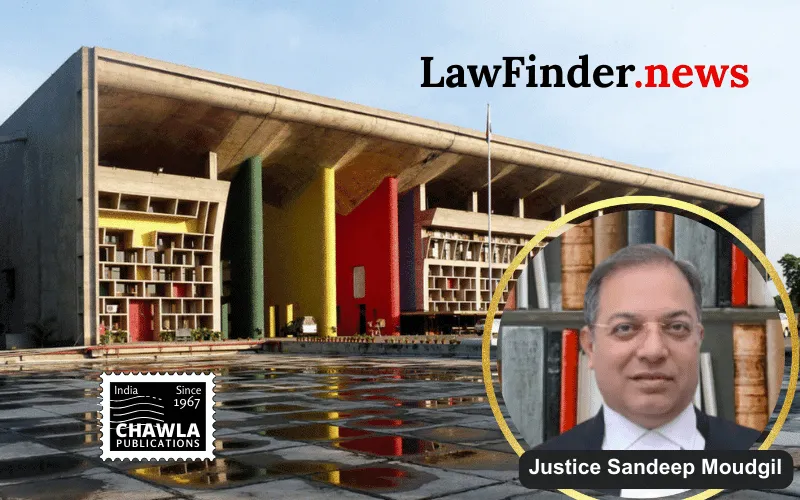Sikkim High Court Upholds Arbitration Clause, Dismisses Writ Petition by Swadhi Health Management LLP. The Court advises parties to exhaust contractual remedies first, highlighting the importance of arbitration in contractual disputes.
In a significant ruling, the Sikkim High Court, presided over by Justice Meenakshi Madan Rai, dismissed the writ petition filed by Swadhi Health Management LLP against the State of Sikkim, reinforcing the primacy of arbitration in resolving contractual disputes. The judgment, delivered on August 29, 2025, underscores the judicial principle that when an agreement contains an arbitration clause, parties must first exhaust the remedy of arbitration before seeking judicial intervention.
Swadhi Health Management LLP had approached the court seeking a writ of mandamus to direct the State of Sikkim to pay Rs. 5.9 crore for services rendered under the Su-Swastha Yojana, a health scheme for government employees. The petitioners contended that the State had failed to fulfill its contractual obligations by not making the payment, despite the completion of necessary formalities and the operationalization of the Su-Swastha Facilitation Centre.
The respondents, represented by Additional Advocate General Aarohi Bhalla, argued that the writ petition was not maintainable due to the existence of disputed facts and the presence of an arbitration clause in the contract. The Court agreed, emphasizing that arbitration is the appropriate forum for resolving disputes arising from contractual agreements.
Justice Rai noted that while the High Court's jurisdiction under Article 226 of the Constitution is broad, it is advisable for parties to first pursue remedies agreed upon in their contracts, unless exceptional circumstances are demonstrated. The Court clarified that the presence of an arbitration clause does not completely oust the jurisdiction of the High Court, but the parties must adhere to the arbitration agreement unless there are compelling reasons to bypass it.
The judgment cited several precedents from the Supreme Court of India, affirming the principle that arbitration clauses in government contracts are valid and enforceable. The Court reiterated the importance of parties selecting arbitrators who can conduct proceedings efficiently and impartially, without compromising their official duties.
This ruling serves as a reminder of the judiciary's support for arbitration as a preferred method of dispute resolution in contractual matters, aligning with the objectives of the Arbitration and Conciliation Act, 1996. The Court's decision reflects a commitment to uphold the sanctity of arbitration clauses, ensuring that parties honor their contractual commitments and resolve disputes through agreed mechanisms.
Statutory provision(s): Article 226 of the Constitution of India, Arbitration and Conciliation Act, 1996 Sections 7 and 12(5).
Bottom Line:
A writ petition is not maintainable in a case where the agreement contains an arbitration clause, and the dispute involves contractual obligations and disputed questions of fact. Parties must first exhaust the remedy provided in the contract, i.e., arbitration.
The judgment not only reaffirms the legal standing of arbitration clauses but also provides clarity on the jurisdictional boundaries of High Courts in contractual disputes. As parties navigate the complexities of contractual obligations, this ruling underscores the importance of adhering to arbitration agreements, ensuring efficient and impartial resolution of disputes.
Swadhi Health Management LLP v. State of Sikkim, (Sikkim) : Law Finder Doc Id # 2771747




